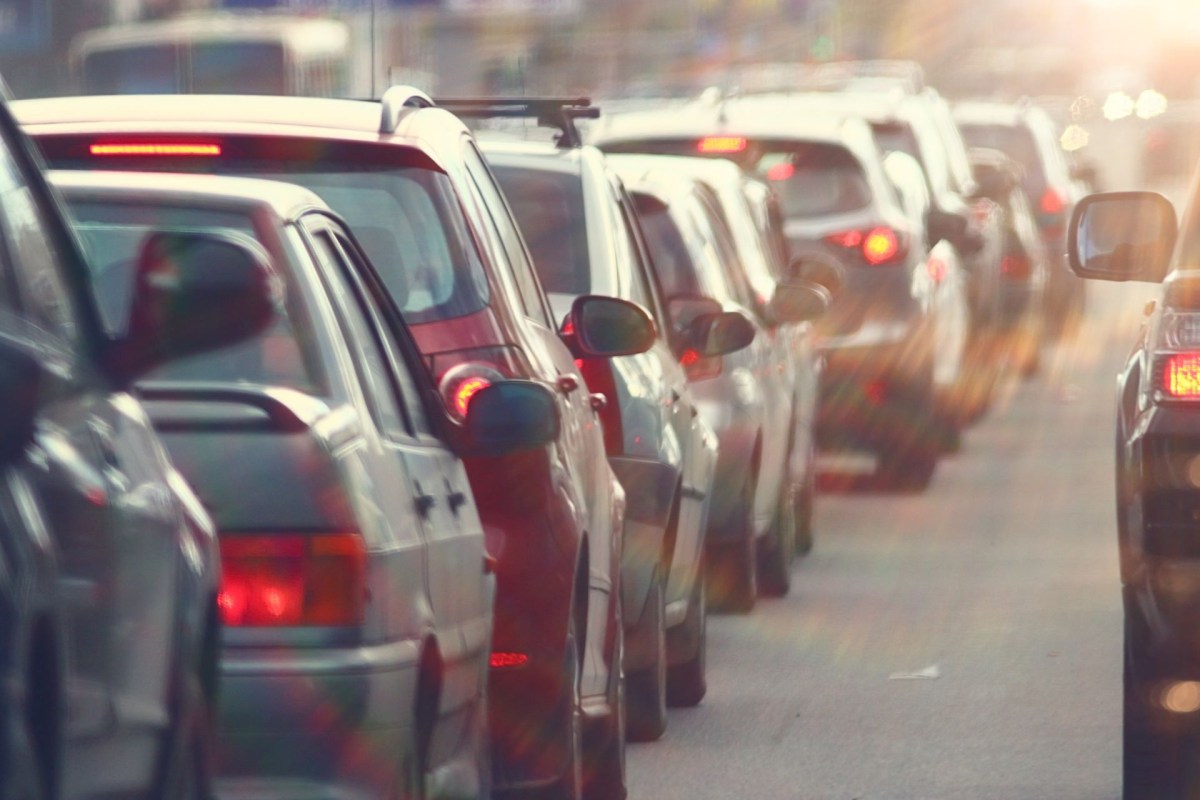When we're teenagers, cars often symbolize independence — giving us the freedom to go wherever, whenever.
As we get older, though, this idyllic view gets tainted by bumper-to-bumper traffic or egregious gas prices.
But what if we didn't need cars in the first place? This is the big idea behind "15-minute cities," a concept that stands to change the way many city dwellers live their lives.
However, it's also a concept that's stirred up lots of controversy in recent weeks. On social platforms like Twitter, the idea has been the subject of conspiracy theories, which claim that it's part of a wide-scale plan to eradicate cars.
the anti 15 minute cities / qanon stuff is amazing. geniuses hard at work pic.twitter.com/GTWqhmfjFv
— thomas violence (@thomas_violence) February 20, 2023
What are 15-minute cities?
In urban planning, 15-minute cities are a concept that allows people to access cultural sites, education, food, health, housing, leisure, and work within the distance of a quarter of an hour's walk or bike ride.
Instead of prioritizing cars with extensive roads and vast parking lots, the 15-minute city strategy puts people at the center of urban planning with features that would make our lives easier, grant more independence, and build strong communities.
What are the conspiracy theories surrounding 15-minute cities?
Though incredibly beneficial and convenient, conspiracy theorists and extremists have decried 15-minute cities as a threat to our freedom.
These conspiracies have roots in the early days of the COVID-19 pandemic when social media users began claiming that lockdowns would allow governments to overstep their authority and bar people from using their cars, traveling in general, and even eating meat.
Then, the World Economic Forum launched its post-pandemic recovery initiative called "The Great Reset." Conspiracy theorists decided this was code for a tyrannical plot to control individuals, conflating traffic mitigation and accessible neighborhoods with restrictions on movement.
Ultimately, The Great Reset conspiracy began to equate walkable cities with an alleged plot to get rid of cars.
Carlos Moreno, a Paris-based urbanist, has studied some of the severely exaggerated narratives from this conspiracy theory.
"You will be locked in your neighborhood; cameras will signal who can go out," he told Forbes, describing what some social media users now believe. "If your mother lives in another neighborhood, you will have to ask for permission to see her and so on."
Why are 15-minute city conspiracy theories an issue?
Besides threatening the safety of individuals that support the 15-minute city strategy, there can be real-world consequences to conspiracy theories that start online. This spread of misinformation can influence people to vote against their best interests which would otherwise benefit people today and for generations to come.
The walkability of a 15-minute city decreases our reliance on vehicles to get where we need to go — bettering our health, lowering the money and time wasted on commuting, and reducing air pollution.
Fewer cars driving means less planet-overheating carbon pollution getting released. These fumes contribute to ever-intensifying extreme weather events and are bad for our lungs, causing and worsening asthma and other respiratory issues.
Join our free newsletter for cool news and actionable info that makes it easy to help yourself while helping the planet.









